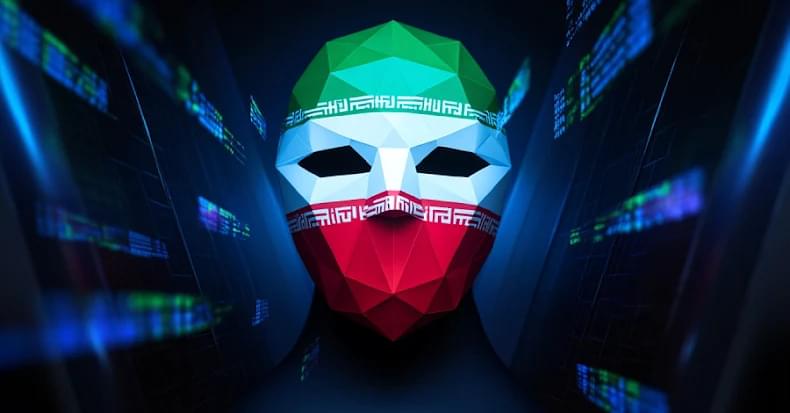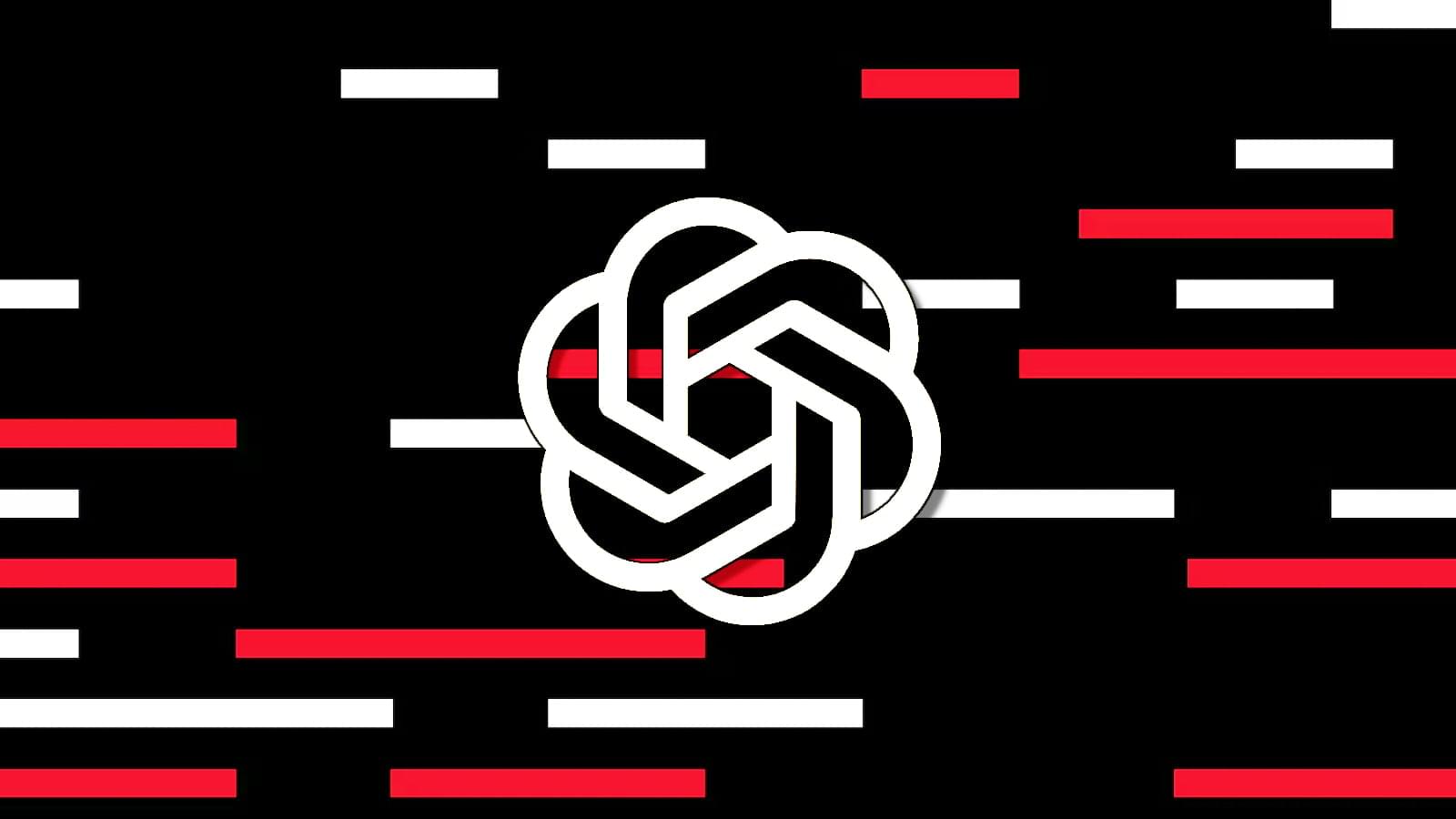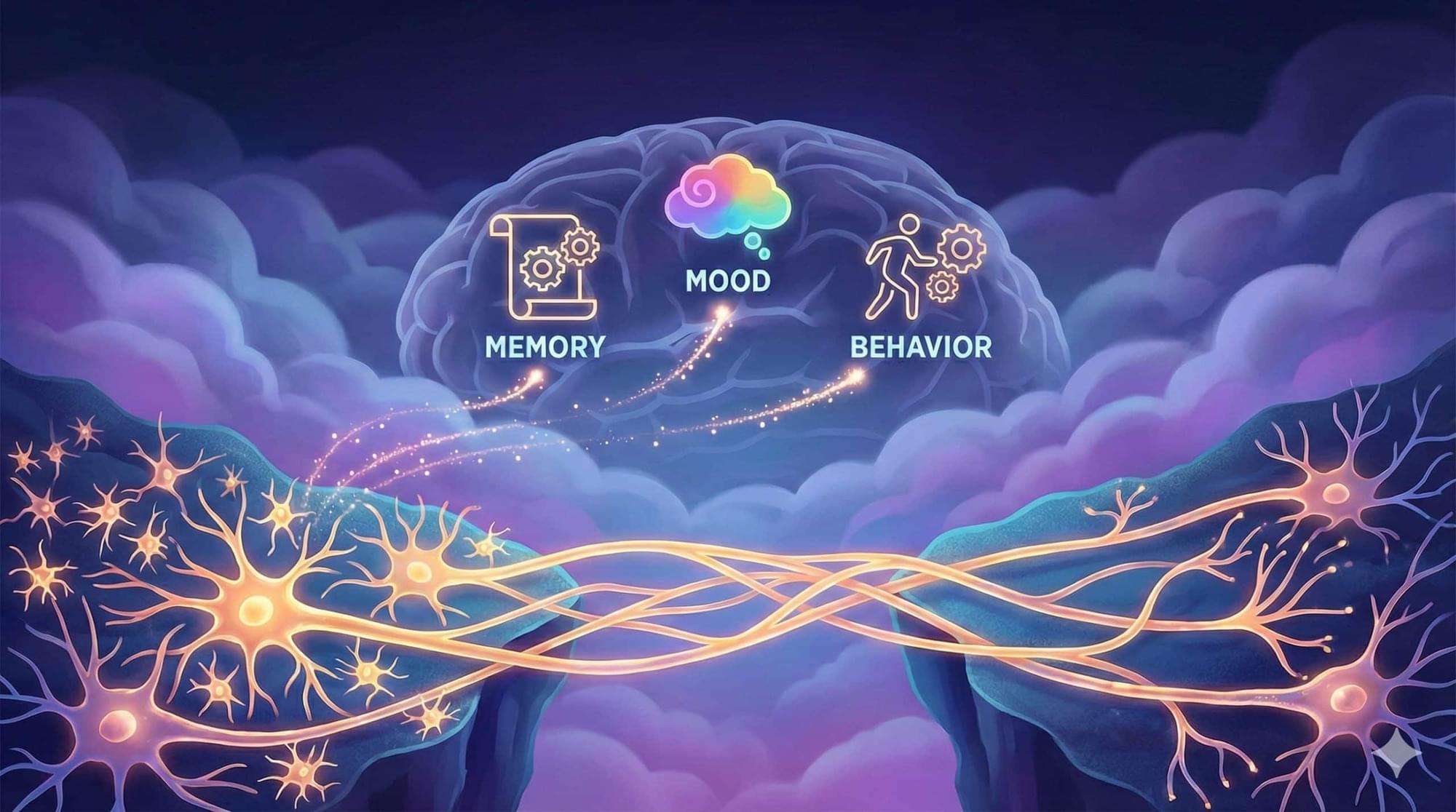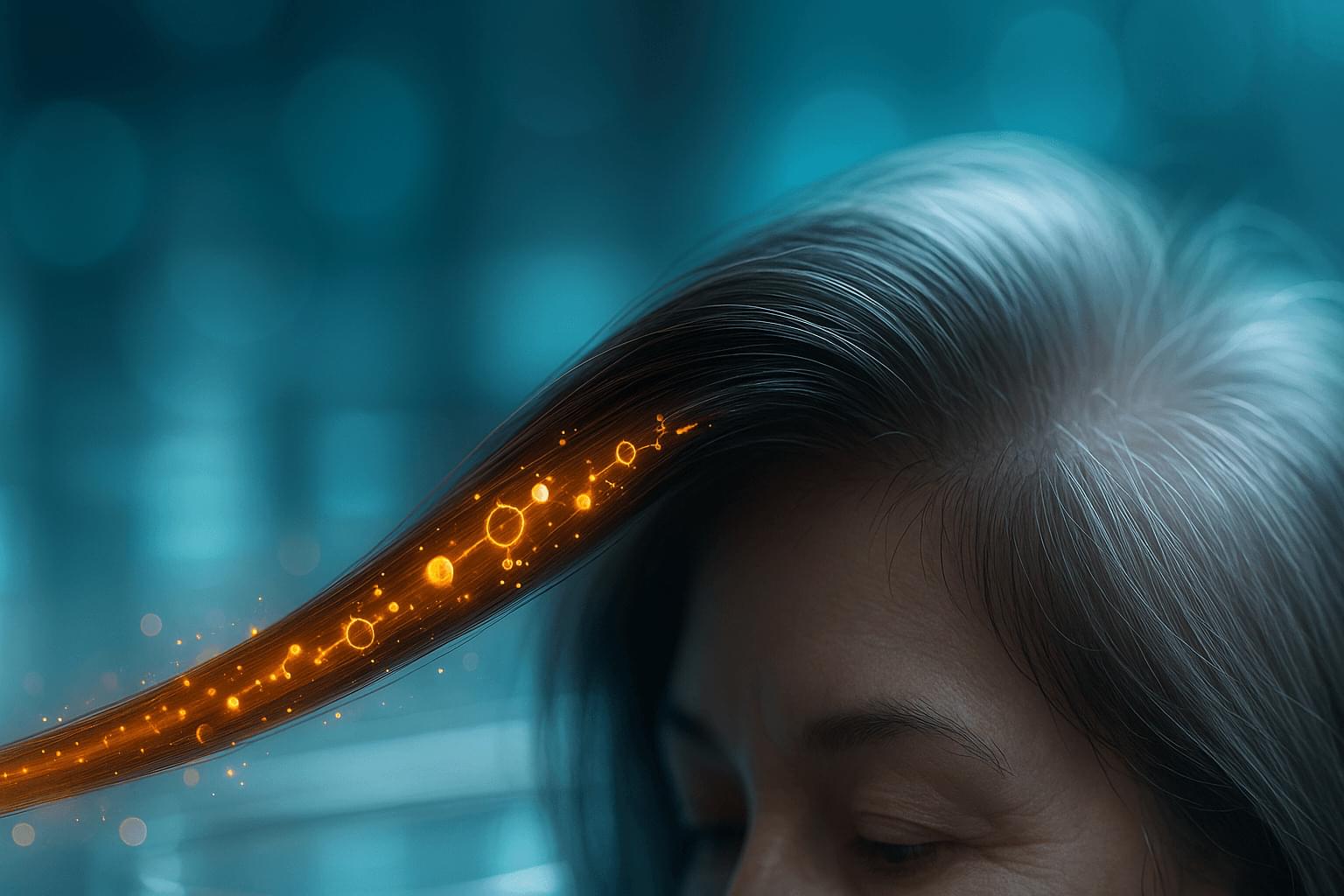MuddyWater is targeting multiple Israeli sectors using its new MuddyViper backdoor, advanced loaders, and credential-stealing tools.




The Korean National Police have arrested four individuals suspected of hacking over 120,000 IP cameras across the country and then selling stolen footage to a foreign adult site.
Although the suspects or the websites haven’t been named, the police are already taking action against viewers of the illicitly gained content, as well as the operators of the website, through international collaboration.
“The National Office of Investigation announced that four suspects who hacked over 120,000 IP cameras installed in private homes and commercial facilities and sold the stolen footage on an overseas illegal website have been arrested,” reads an announcement from the National Office of Investigation.

OpenAI’s AI-powered ChatGPT is down worldwide with users receiving errors when attempting to access chats, with no reasons currently given.
If you are affected, you will see errors, “something seems to have gone wrong,” errors, with ChatGPT adding that “There was an error generating a response” to their queries.
In our tests, BleepingComputer observed that GPT keeps loading, and the response never comes.

Lex Fridman Podcast full episode: https://www.youtube.com/watch?v=Qp0rCU49lMsThank you for listening ❤ Check out our sponsors: https://lexfridman.com/sponsor…
Go to https://ground.news/sabine to get 40% off the Vantage plan and see through sensationalized reporting. Stay fully informed on events around the world with Ground News.
AI is changing the world – how we work, how we write, and how we consume media. But it doesn’t seem like many people are interested in how AI is learning to think about itself. I am convinced that eventually AI will become conscious and I am beginning to worry that we simply wouldn’t notice because no one is watching out for it.
👕T-shirts, mugs, posters and more: ➜ https://sabines-store.dashery.com/
💌 Support me on Donorbox ➜ https://donorbox.org/swtg.
👉 Transcript with links to references on Patreon ➜ / sabine.
📝 Transcripts and written news on Substack ➜ https://sciencewtg.substack.com/
📩 Free weekly science newsletter ➜ https://sabinehossenfelder.com/newsle… Audio only podcast ➜ https://open.spotify.com/show/0MkNfXl… 🔗 Join this channel to get access to perks ➜ / @sabinehossenfelder 📚 Buy my book ➜ https://amzn.to/3HSAWJW #science #sciencenews #ai #consciousness.
👂 Audio only podcast ➜ https://open.spotify.com/show/0MkNfXl…
🔗 Join this channel to get access to perks ➜
/ @sabinehossenfelder.
📚 Buy my book ➜ https://amzn.to/3HSAWJW
#science #sciencenews #ai #consciousness
🌏 Get NordVPN 2Y plan + 4 months extra here ➼ https://NordVPN.com/sabine It’s risk-free with Nord’s 30-day money-back guarantee! ✌
According to new data analysis, our solar system is traveling through the universe roughly 3 times faster than our current models predict it should be moving. Why is this, and why does it matter? Let’s take a look.
Paper: https://journals.aps.org/prl/abstract… mugs, posters and more: ➜ https://sabines-store.dashery.com/ 💌 Support me on Donorbox ➜ https://donorbox.org/swtg 👉 Transcript with links to references on Patreon ➜ / sabine 📝 Transcripts and written news on Substack ➜ https://sciencewtg.substack.com/ 📩 Free weekly science newsletter ➜ https://sabinehossenfelder.com/newsle… 👂 Audio only podcast ➜ https://open.spotify.com/show/0MkNfXl… 🔗 Join this channel to get access to perks ➜
/ @sabinehossenfelder 📚 Buy my book ➜ https://amzn.to/3HSAWJW #science #sciencenews #physics #cosmology.
👕T-shirts, mugs, posters and more: ➜ https://sabines-store.dashery.com/
💌 Support me on Donorbox ➜ https://donorbox.org/swtg.
👉 Transcript with links to references on Patreon ➜ / sabine.
📝 Transcripts and written news on Substack ➜ https://sciencewtg.substack.com/
📩 Free weekly science newsletter ➜ https://sabinehossenfelder.com/newsle…
👂 Audio only podcast ➜ https://open.spotify.com/show/0MkNfXl…
🔗 Join this channel to get access to perks ➜
/ @sabinehossenfelder.
📚 Buy my book ➜ https://amzn.to/3HSAWJW
#science #sciencenews #physics #cosmology
Discover the four major turning points that reshape your brain. From childhood sharpening to late-life resilience, watch how your brain rewires itself through life. Learn the science behind cognitive peaks, aging, and brain health, and uncover the hidden timeline of your mind’s transformation. Don’t miss this deep dive into how the brain evolves over a lifetime.
#childhood #brain #science #wion.
About Channel:
WION The World is One News examines global issues with in-depth analysis. We provide much more than the news of the day. Our aim is to empower people to explore their world. With our Global headquarters in New Delhi, we bring you news on the hour, by the hour. We deliver information that is not biased. We are journalists who are neutral to the core and non-partisan when it comes to world politics. People are tired of biased reportage and we stand for a globalized united world. So for us, the World is truly One.
Please keep discussions on this channel clean and respectful and refrain from using racist or sexist slurs and personal insults.
Check out our website: http://www.wionews.com.
